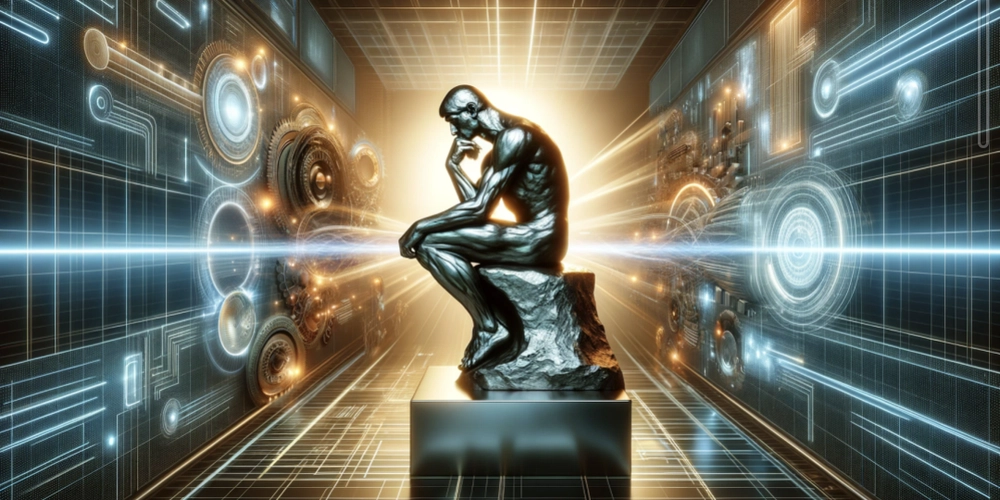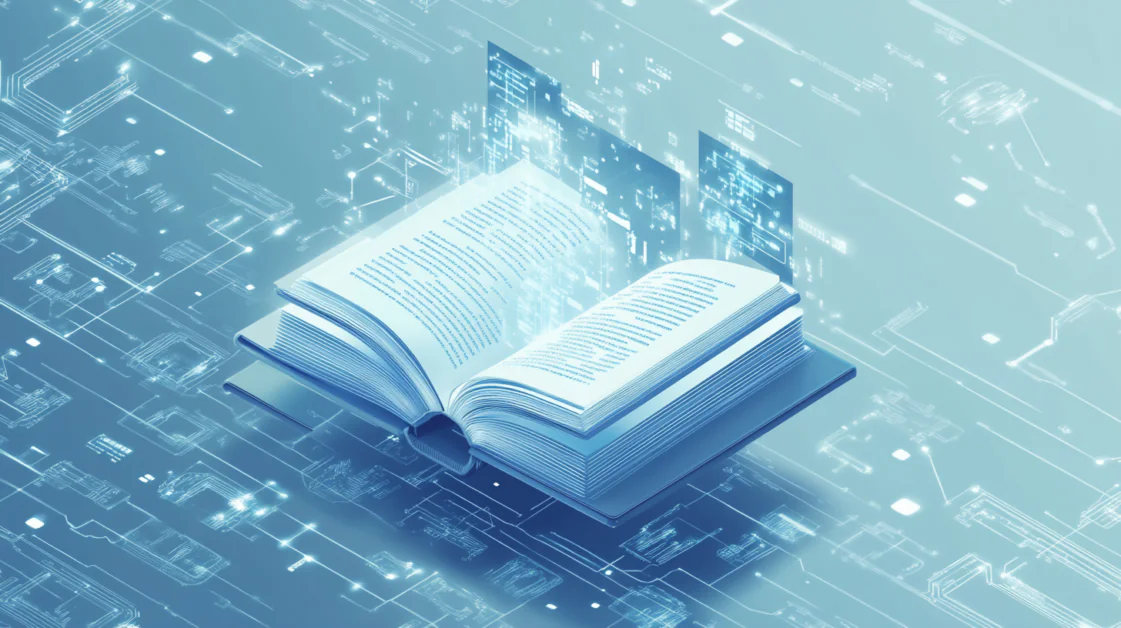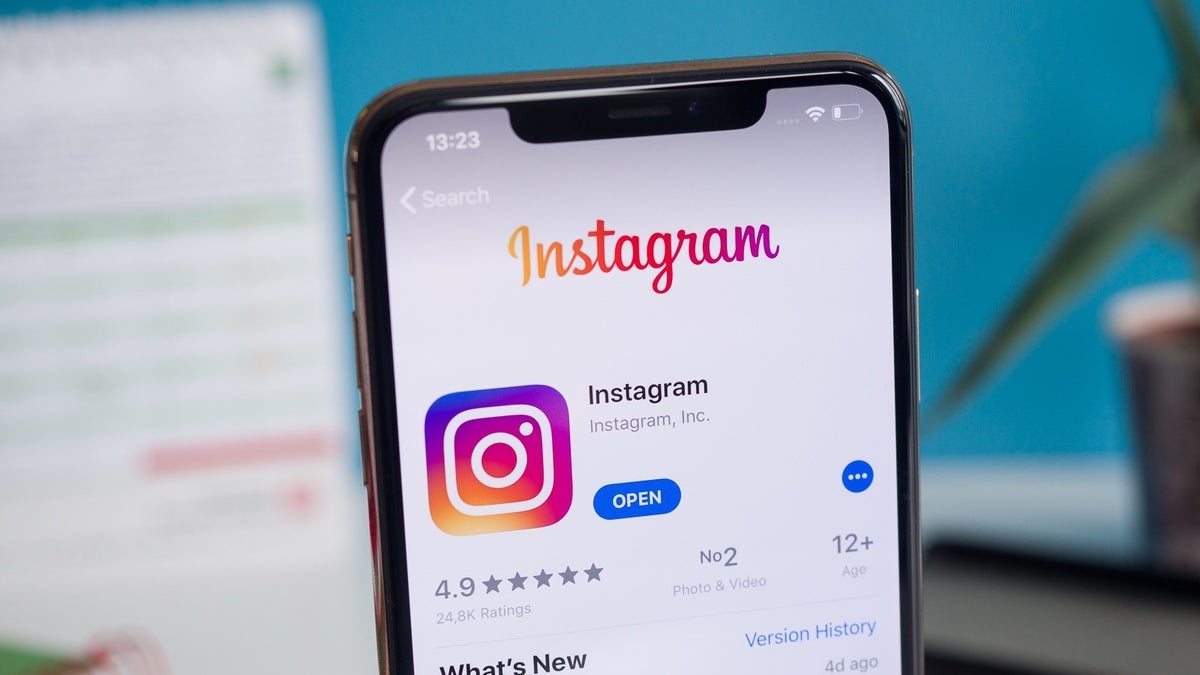The Human Edge
In a world obsessed with artificial intelligence, have you ever wondered what makes us truly irreplaceable? It's not about competing with machines – it's about mastering the skills they can't replicate. Let's explore these uniquely human capabilities, and as you read, consider how they show up in your own life. 1. The Explorer's Mindset When was the last time curiosity led you down an unexpected path? Research and experimentation aren't just academic pursuits – they're about questioning the status quo and daring to find better ways. Consider the Wright brothers: they didn't just read about flight; they questioned, tinkered, and failed their way to success. What could you discover if you approached your challenges with the same spirit? 2. The Apprentice's Journey Knowledge isn't just about information – it's about wisdom. When you learn from experts, you're not just collecting facts; you're inheriting generations of insights, failures, and breakthroughs. Think about a time when someone's guidance transformed your understanding. What made that learning experience different from simply reading about it? 3. The Shape-Shifter's Secret Adaptability isn't just about surviving change; it's about thriving in it. Consider how nature adapts: a tree grows around obstacles, becoming stronger where it meets resistance. How do your own adaptations make you more resilient? What changes have shaped who you are today? 4. The Problem Solver's Art Every complex problem is unique, requiring a blend of logic, intuition, and creativity. Like a master chef who knows when to follow the recipe and when to trust their instincts, true problem-solving is about understanding the rules well enough to know when to break them. What's your approach when facing an unprecedented challenge? 5. The Political Navigator Organizations are living ecosystems of relationships, ambitions, and unspoken rules. Success often lies not in what you know, but in how you navigate these human currents. Think about a time when understanding people's motivations was more important than understanding the technical aspects of a problem. What did you learn? 6. The Systems Thinker Everything is connected – but seeing these connections requires more than just observation. It demands the ability to spot patterns, anticipate ripple effects, and understand that sometimes the most important factors are the ones you can't measure. How do your actions today affect tomorrow's possibilities? 7. The Detail Whisperer In a world of automation, the ability to notice and interpret subtle signals becomes increasingly valuable. It's not just about spotting errors – it's about seeing opportunities hidden in plain sight. What details do you notice that others might miss? How do these observations give you an edge? 8. The Empathy Artist Understanding others isn't just about listening to their words – it's about comprehending their world. This skill transforms transactions into relationships, conflicts into collaborations, and problems into possibilities. When has empathy helped you see a situation in a completely new light? The Integration Challenge These skills aren't meant to be mastered in isolation. The real magic happens when they work together, creating something greater than the sum of its parts. Consider these questions: How might combining adaptability with empathy change your approach to leadership? What happens when you apply systems thinking to problem-solving? How could political savvy enhance your ability to learn from experts? Looking Forward The future doesn't belong to those who can outthink machines. It belongs to those who embrace what makes us uniquely human – our ability to connect dots that don't obviously connect, to find meaning in chaos, and to imagine possibilities that don't yet exist. As you move forward, ask yourself: Which of these skills already feels natural to you? Which ones make you uncomfortable, and why? How might developing your weaker areas transform your effectiveness? Remember: The goal isn't to master everything at once. It's to grow continuously, deliberately, and authentically. Start with what resonates most strongly with you today. The machines can handle the predictable. Your power lies in navigating the unpredictable, the emotional, and the uniquely human aspects of our world. How will you use these skills to shape your future?

In a world obsessed with artificial intelligence, have you ever wondered what makes us truly irreplaceable? It's not about competing with machines – it's about mastering the skills they can't replicate. Let's explore these uniquely human capabilities, and as you read, consider how they show up in your own life.
1. The Explorer's Mindset
When was the last time curiosity led you down an unexpected path? Research and experimentation aren't just academic pursuits – they're about questioning the status quo and daring to find better ways. Consider the Wright brothers: they didn't just read about flight; they questioned, tinkered, and failed their way to success. What could you discover if you approached your challenges with the same spirit?
2. The Apprentice's Journey
Knowledge isn't just about information – it's about wisdom. When you learn from experts, you're not just collecting facts; you're inheriting generations of insights, failures, and breakthroughs. Think about a time when someone's guidance transformed your understanding. What made that learning experience different from simply reading about it?
3. The Shape-Shifter's Secret
Adaptability isn't just about surviving change; it's about thriving in it. Consider how nature adapts: a tree grows around obstacles, becoming stronger where it meets resistance. How do your own adaptations make you more resilient? What changes have shaped who you are today?
4. The Problem Solver's Art
Every complex problem is unique, requiring a blend of logic, intuition, and creativity. Like a master chef who knows when to follow the recipe and when to trust their instincts, true problem-solving is about understanding the rules well enough to know when to break them. What's your approach when facing an unprecedented challenge?
5. The Political Navigator
Organizations are living ecosystems of relationships, ambitions, and unspoken rules. Success often lies not in what you know, but in how you navigate these human currents. Think about a time when understanding people's motivations was more important than understanding the technical aspects of a problem. What did you learn?
6. The Systems Thinker
Everything is connected – but seeing these connections requires more than just observation. It demands the ability to spot patterns, anticipate ripple effects, and understand that sometimes the most important factors are the ones you can't measure. How do your actions today affect tomorrow's possibilities?
7. The Detail Whisperer
In a world of automation, the ability to notice and interpret subtle signals becomes increasingly valuable. It's not just about spotting errors – it's about seeing opportunities hidden in plain sight. What details do you notice that others might miss? How do these observations give you an edge?
8. The Empathy Artist
Understanding others isn't just about listening to their words – it's about comprehending their world. This skill transforms transactions into relationships, conflicts into collaborations, and problems into possibilities. When has empathy helped you see a situation in a completely new light?
The Integration Challenge
These skills aren't meant to be mastered in isolation. The real magic happens when they work together, creating something greater than the sum of its parts. Consider these questions:
- How might combining adaptability with empathy change your approach to leadership?
- What happens when you apply systems thinking to problem-solving?
- How could political savvy enhance your ability to learn from experts?
Looking Forward
The future doesn't belong to those who can outthink machines. It belongs to those who embrace what makes us uniquely human – our ability to connect dots that don't obviously connect, to find meaning in chaos, and to imagine possibilities that don't yet exist.
As you move forward, ask yourself:
- Which of these skills already feels natural to you?
- Which ones make you uncomfortable, and why?
- How might developing your weaker areas transform your effectiveness?
Remember: The goal isn't to master everything at once. It's to grow continuously, deliberately, and authentically. Start with what resonates most strongly with you today.
The machines can handle the predictable. Your power lies in navigating the unpredictable, the emotional, and the uniquely human aspects of our world. How will you use these skills to shape your future?




















